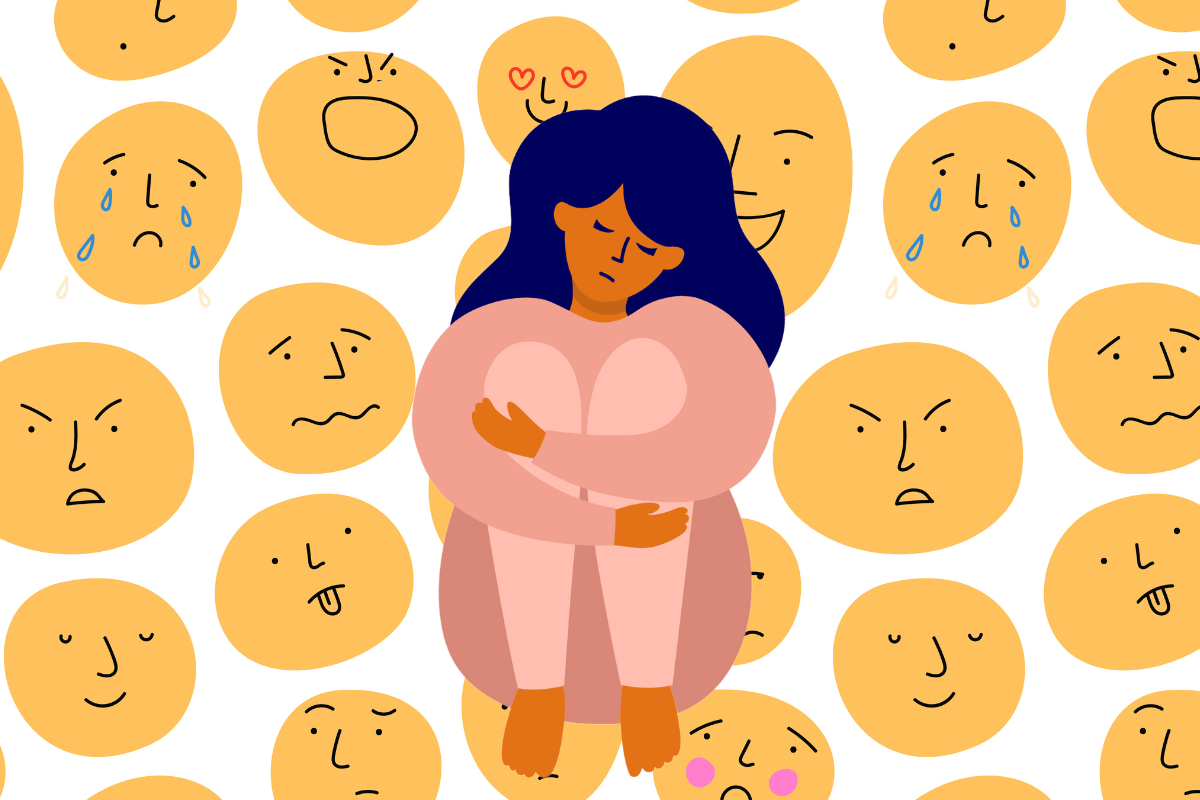
In a Better Homes and Gardens interview, Harry Styles said he had the tendency to “emotionally coast” through life - where he described feeling detached, numb and overwhelmed by his feelings and life experiences.
And, honestly, it might just be the best way to describe the collective emotion of 2022.
Because while everything is 'back' (travel! Holidays! Festivals! Weddings!), there's also the very real and very obvious feeling of mental exhaustion when it comes to the relentless bad news cycle (see: war, protests, shootings) raging right before our eyes.
If you're anything like us, you might be feeling like it's becoming harder and harder to know where to place your energy and care. To actually feel things.
Enter: 'Emotional coasting'.
Watch: Signs that mean you should seek help for your mental health. Post continues below.
Styles told BHG that therapy allowed him to open up, better connect with his emotions and experiences, and live more authentically.
He said, "I think that accepting living, being happy, hurting in the extremes, that is the most alive you can be. Losing it crying, losing it laughing - there's no way, I don't think, to feel more alive than that."
